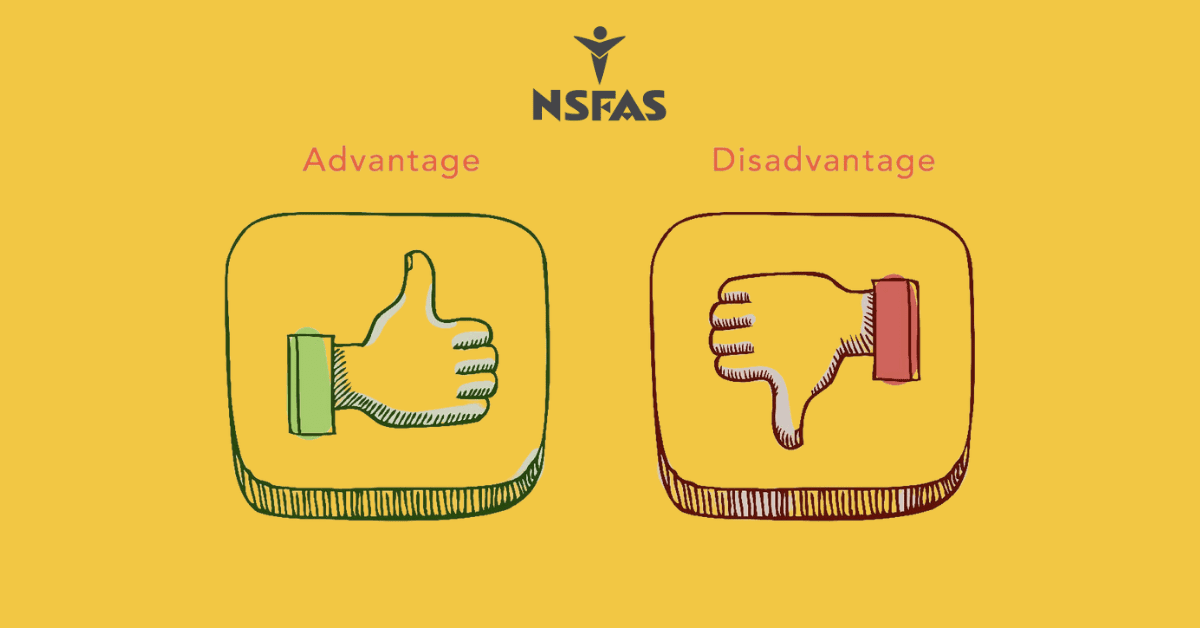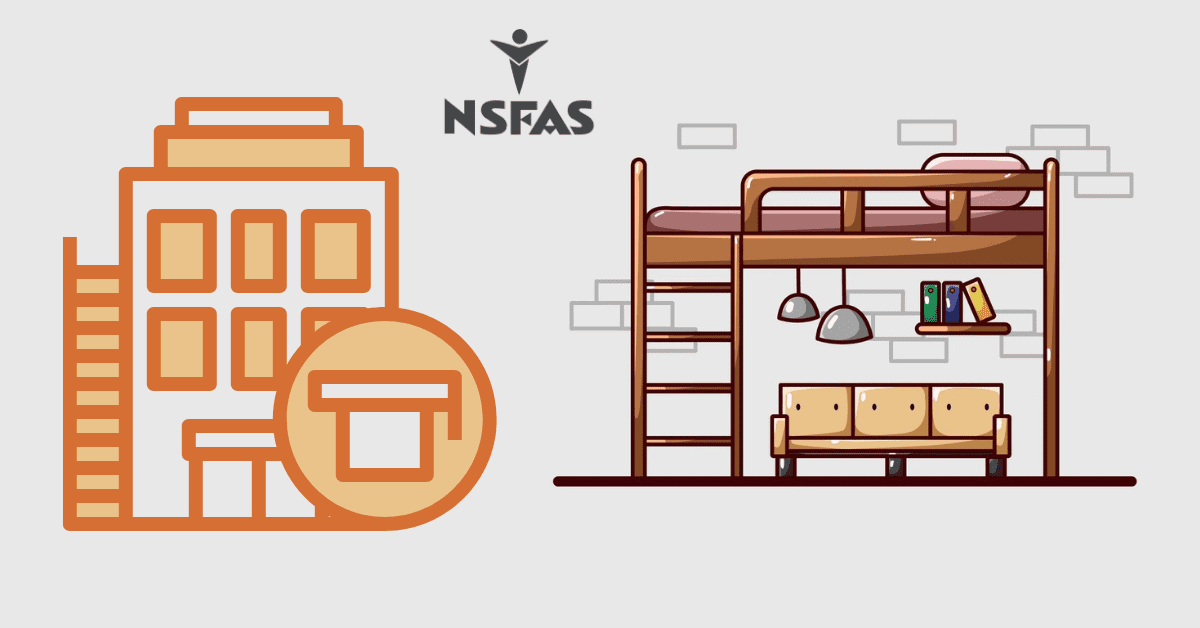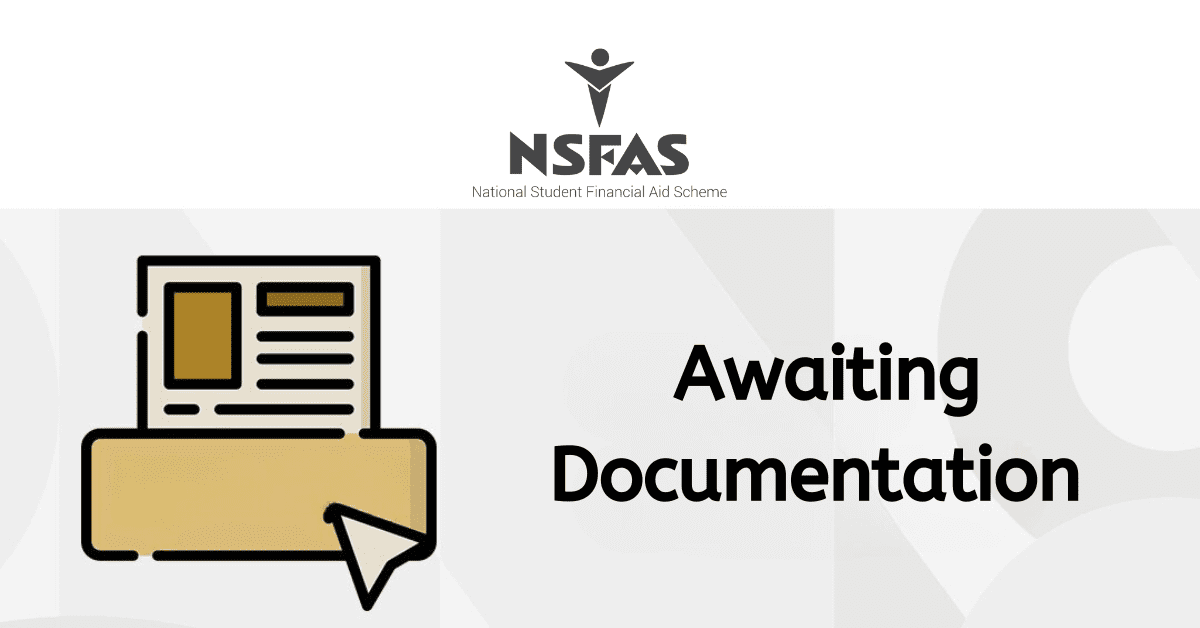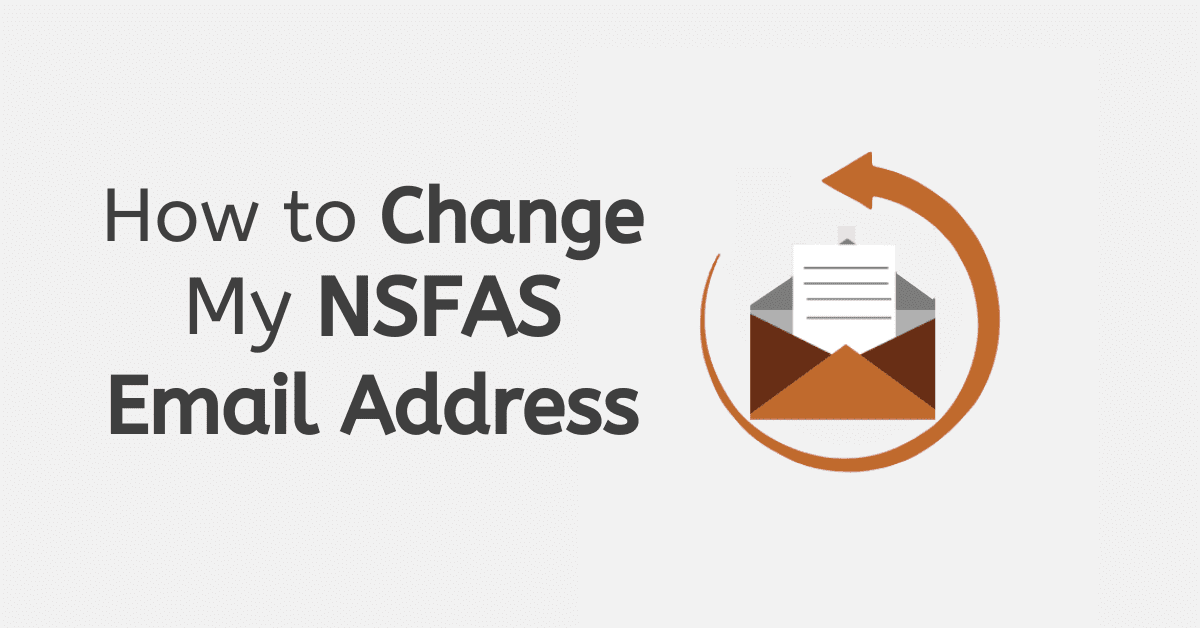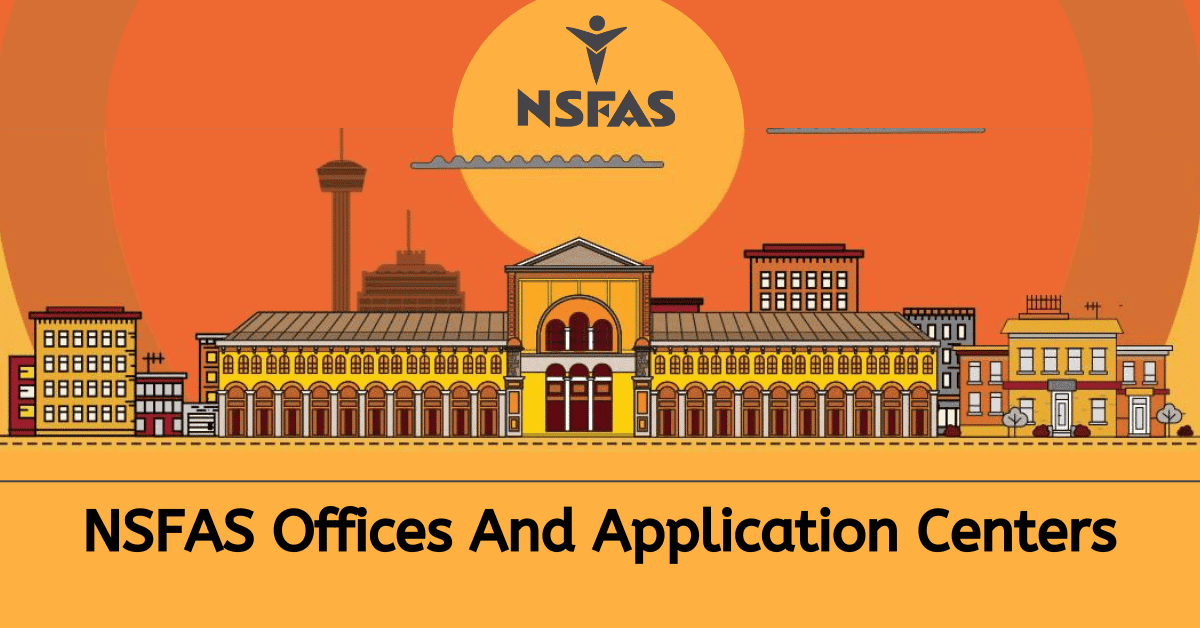For beneficiaries who are changing universities, the loss of this invaluable assistance can prove to be a concerning issue; This often leads to a number of questions about the possibility of continued NSFAS funding despite the change of institution. In this article, we will be considering some of those questions and offering comprehensive answers.
What happens to your NSFAS when you change university?
Your NSFAS funding is not terminated when you change universities. This is so because funding decisions are based on the N+ rule. Instead, if you change university, your registration period at the previous and new university counts as one total rather than two different values. This point is bolstered by the NSFAS’ explanation that the N+ rules are not determined ‘by the number of years that a student has been funded’ but by ‘the number of years that student has been registered for tertiary study at any public university in South Africa, regardless of institution change”.
Will NSFAS still fund me if I move from college to university?
Funding from the National Student Financial Aid Scheme (NSFAS) does not stop at the instance of a change of institution. The reason for the continued funding can better be understood concerning two key rules: the N+1 and N+2 or, more generally, the N+ rules.
These rules clearly spell out the conditions under which funding from the NSFAS can stop for a particular student. The N+ rules determine the duration of funding available through the National Student Financial Aid Scheme (NSFAS) as directly proportional to the minimum and maximum time limit during which students are expected to complete their study program.
The ‘N’ represents the minimum number of years a student is expected to be enrolled in university studies to earn a qualification. The ‘+’ represents the maximum amount of additional time allowed for a student to enjoy continued funding from the NSFAS while studying.
Accordingly, as per the ‘N+1’, for instance, students are allowed four years and an additional one year to complete study programs for which they have enrolled at a public university in South Africa. Under the ‘N+2’ rule, such a student is afforded the luxury of enjoying NSFAS funding for an additional two years after completing the minimum period represented by the ‘N.’ Funding from the NSFAS thus terminates upon the expiration of the maximum period as stipulated by any of the applicable rules.
Can NSFAS fund you twice?
Funding from NSFAS is limited to just one qualification. This excludes the possibility of double funding, except for students transitioning from a TVET college to any public university in South Africa.
Will NSFAS fund me if I change accommodation?
Changing your accommodation does not affect or hamper your chances of securing NSFAS funding. However, one has to ensure that one is changing to an accommodation unit eligible for funding, such as institution-owned housing and accredited private housing units.
Will I Have to Reapply to NSFAS When I Change University?
Reapplying to the NSFAS in case of a change of university is not required of applicants. The NSFAS receives notifications of institution change through registration data submitted by your old and new institutions.
Will NSFAS Fund Me If I Change University?
As explained before, the National Student Financial Aid Scheme, NSFAS, continues to fund students who change universities as long as they are within the time limit prescribed by the N+ rules.
To recap, The N+ rules determine the duration of funding available through the National Student Financial Aid Scheme (NSFAS) as directly proportional to the minimum and maximum time limit during which a student is expected to complete their study program. The ‘N’ symbolizes the minimum number of years a student is expected to be enrolled for studies at a university to earn a qualification.
The ‘+’ represents the maximum additional time a student can enjoy continued funding from the NSFAS while studying. Students are only deemed ineligible for NSFAS funding when the period for which they have been registered for studies at a public university in South Africa exceeds the time limits prescribed by the N+ rules.
It is useful to note that when a student changes institutions, the registration period at both the previous and new institutions count as one total.
How Do You Keep NSFAS Funding When You Change University?
As long as you are eligible for funding, you can be sure of continued support from the NSFAS when you change universities.

